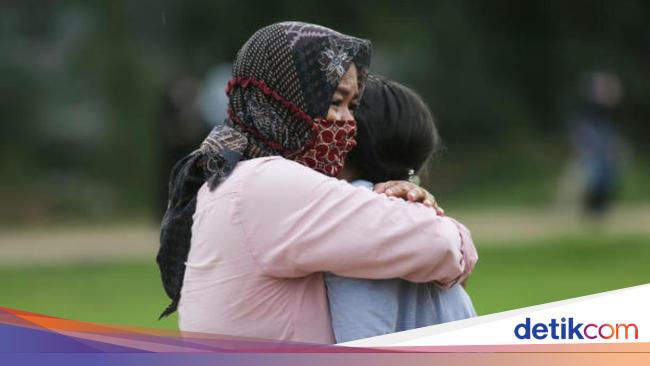The famous phrase included in the wedding vows of “in health and in disease ”is often taken lightly, but Berenice and Marco Antonio brought her to one of her highest expressions after she decided to donate a kidney to her husband.
Marco Antonio, 34, suffer from renal hypoplasia, that is, congenital decrease (from birth) the size of the kidney. “This is a rare case in living donors, where they do not have consanguinity, but there is a love bond as the main reason, to the extent that she undergoes extraction surgery without any commitment,” said Dr. Juan Antonio Frías Rivera, general surgeon .
Marco Antonio developed chronic kidney failure two years ago. Initially, the transplant was planned to be performed early (prior to dialysis), but he tested positive for COVID-19 in December 2020 and hemodialysis replacement therapy was started.
His wife, who is 36 years old, decided a year ago to start the protocol to be the donor. Being a young, healthy patient with no significant history, in addition to sharing her blood group, it was possible to start the process.
“To be able to donate a kidney to my husband is to give him life, love, kindness and a better quality, because as kidney patients go through many processesyes, changes, malaise. It is very important to donate while we are alive because we can all help many people who are ill, ”said Berenice.
Meanwhile, Marco Antonio affirmed that his wife’s donation “is not something minor, I am worried because she is healthy and I do not want something to happen to her, I am hopeful that everything turns out well ”. The procedure was held on June 22 at Hospital no. 48 San Pedro Xalpa, of the Mexican Institute of Social Security.
In Mexico organ donation is low. Especially the possibility of obtaining a donor by death; there are approximately 15,000 people waiting for a kidney, with a donation rate of 3.6 per million inhabitants.
Given this low donation, the country must have living donors; unlike other countries where the donation due to brain death is higher (approximately 30 donors per million inhabitants).
A group of multidisciplinary personnel participated in this transplant, including the head of the IMSS Medical Benefits Office in North Mexico City, Dr. José Antonio Zamudio González, and they successfully performed this surgical procedure.
Since the beginning of the pandemic, this hospital was assigned to care for one hundred percent of patients with covid-19, but with the decrease in cases and the change in the epidemiological traffic light, it was possible to reactivate the transplant program after one year and means of inactivity.
nerc
– .


